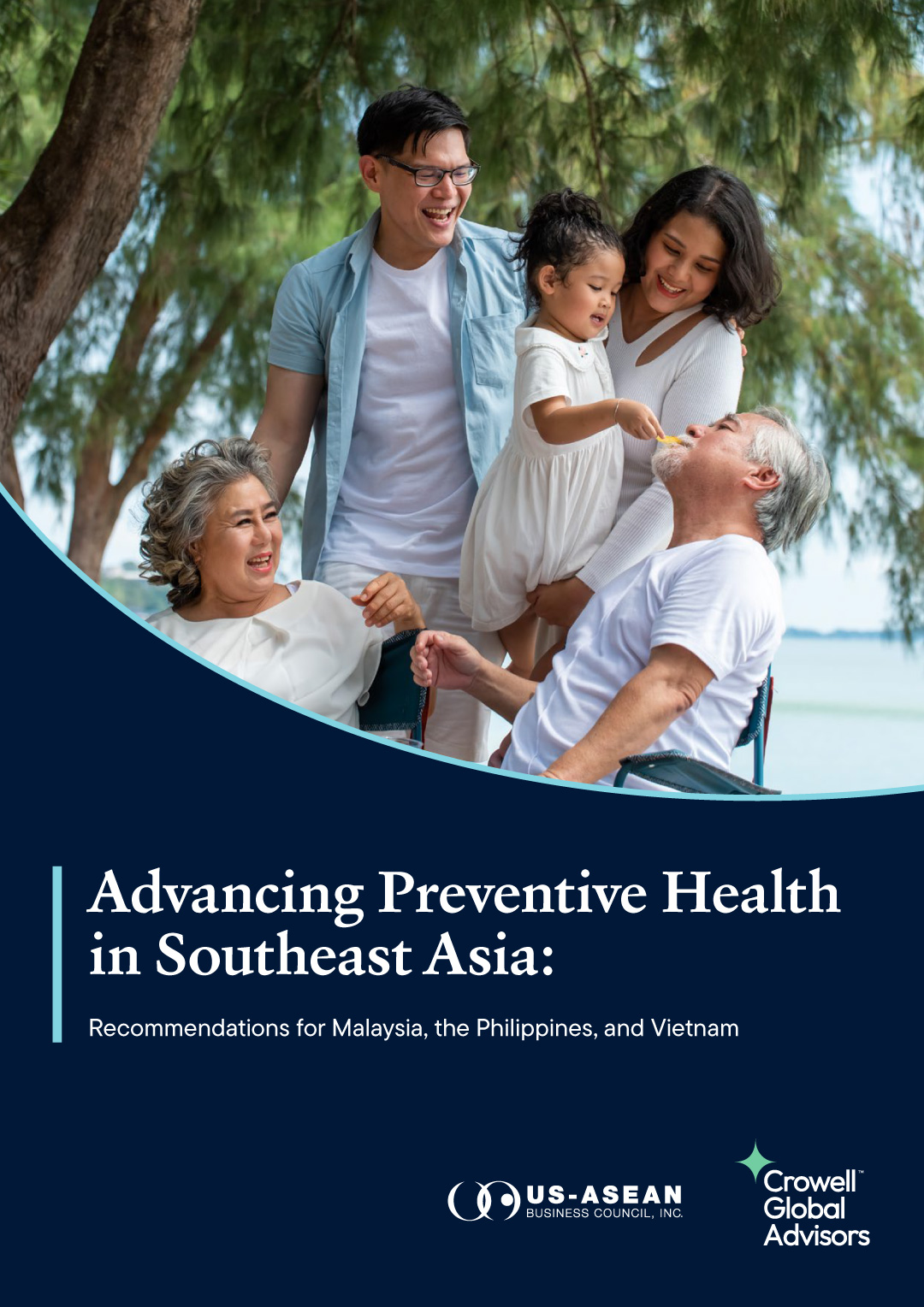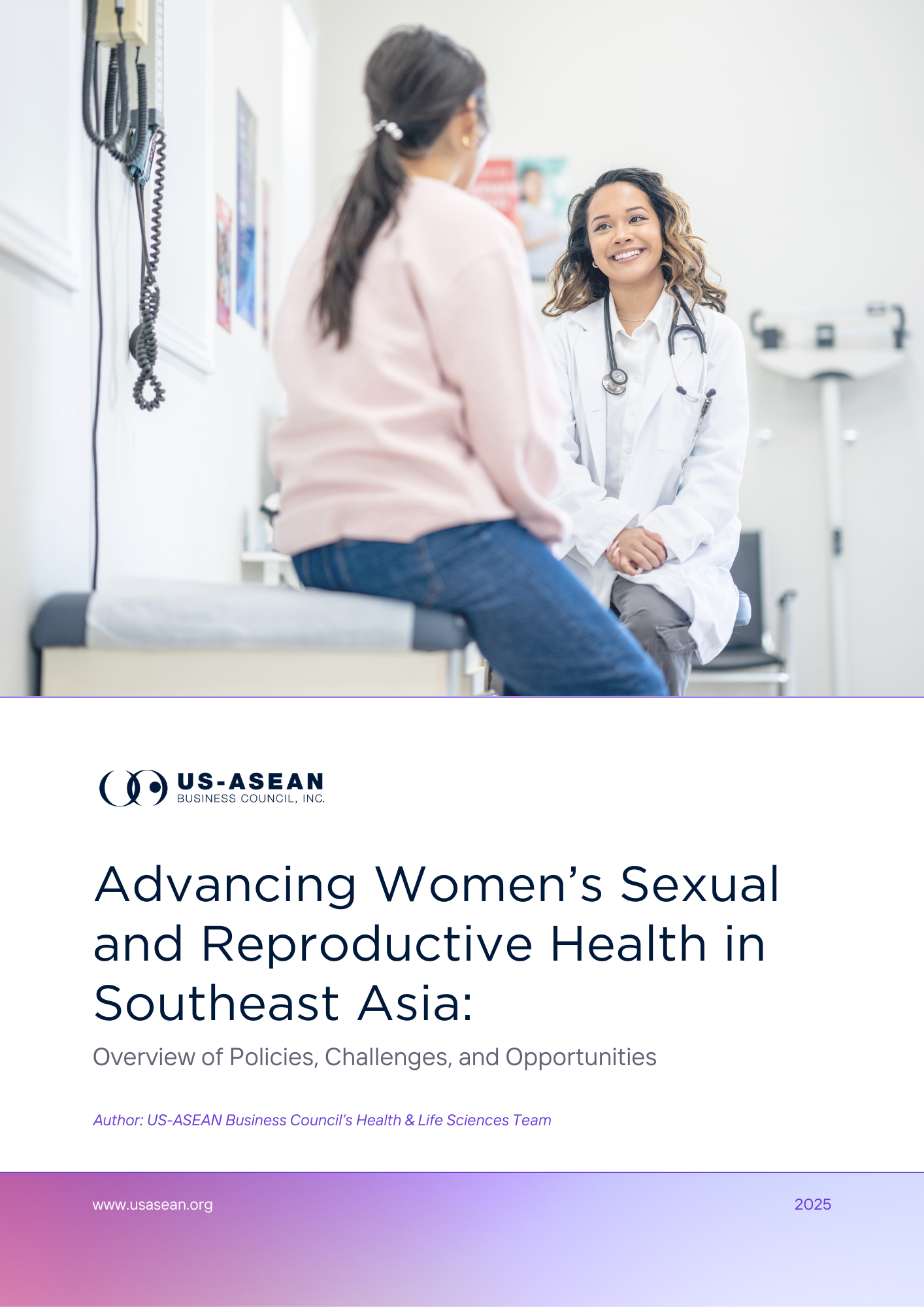Advancing Eye Health in Southeast Asia
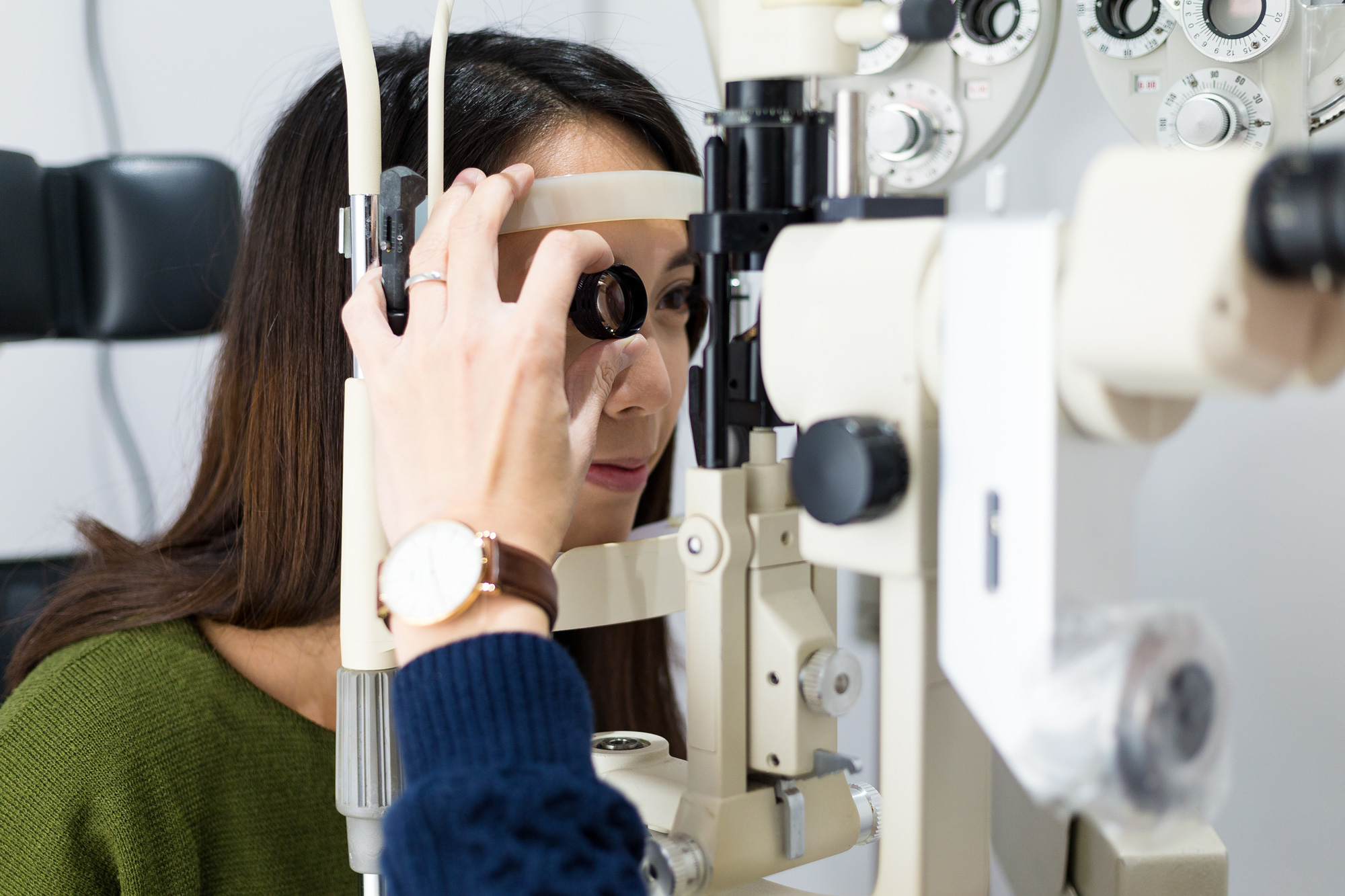
In Vietnam, Malaysia, and Thailand several developments have been dedicated to enhancing eye health. In October, Vietnam was officially recognized by the WHO for eliminating trachoma as a public health issue, a leading infectious cause of blindness. Through the implementation of WHO’s SAFE strategy, which focuses on surgery, antibiotics, facial cleanliness, and environmental improvements, the country saw a remarkable decline in trachoma cases. By 2023, the proportion of adults requiring surgery dropped from 1.7% to below 0.2%. This achievement is particularly impactful for remote communities, where limited access to clean water, sanitation, and healthcare made residents more vulnerable to the disease. Vietnam’s success was made possible through strong collaboration between government agencies, WHO, international partners such as USAID, and the active support of local communities.
In Malaysia, the Health Ministry is prioritizing the expansion of ophthalmology services, particularly in rural areas of Sabah and Sarawak, where access to eye care remains scarce. With a 1.9% blindness rate due to cataracts in Sabah, the ministry plans to deploy specialists to address the gap in services. Currently, only a few hospitals offer eye care, relying on visiting ophthalmologists. The ministry is also advocating for increased funding and modern equipment in the upcoming budget, while highlighting the importance of community and private sector partnerships to improve public healthcare and raise awareness about eye health.
In Thailand, Google is licensing its AI model, designed to detect diabetic retinopathy, to address the country’s shortage of eye specialists. Developed in collaboration with research partners like Aravind Eye Hospital in India and Rajavithi Hospital in Thailand, the AI model aims to expand access to sight-saving care. A study published in The Lancet found that deep learning algorithms could detect vision-threatening diabetic retinopathy with 94.7% accuracy, 91.4% sensitivity, and 95.4% specificity, which is comparable to retina specialists. The partnership, which includes Thai organizations such as Perceptra and the Ministry of Public Health’s Department of Medical Services, will integrate the AI into Thailand’s National Innovation program, aiming to deliver six million free AI-enabled screenings over the next decade to both Thailand and India.


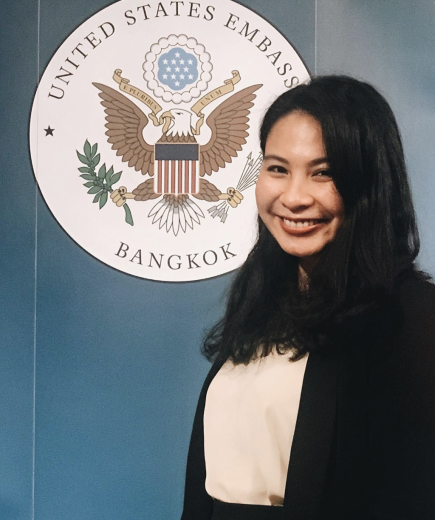
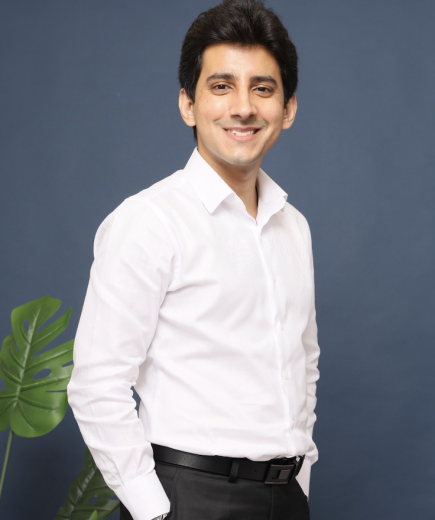

![Cover-[USABC-Final]-Driving-ASEAN-Unity-Malaysia's-Vision-for-2025](/sites/default/files/2025-07/Cover-%5BUSABC-Final%5D-Driving-ASEAN-Unity-Malaysia%27s-Vision-for-2025.jpg)
